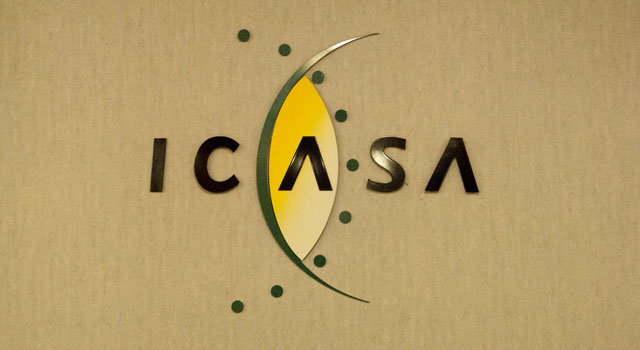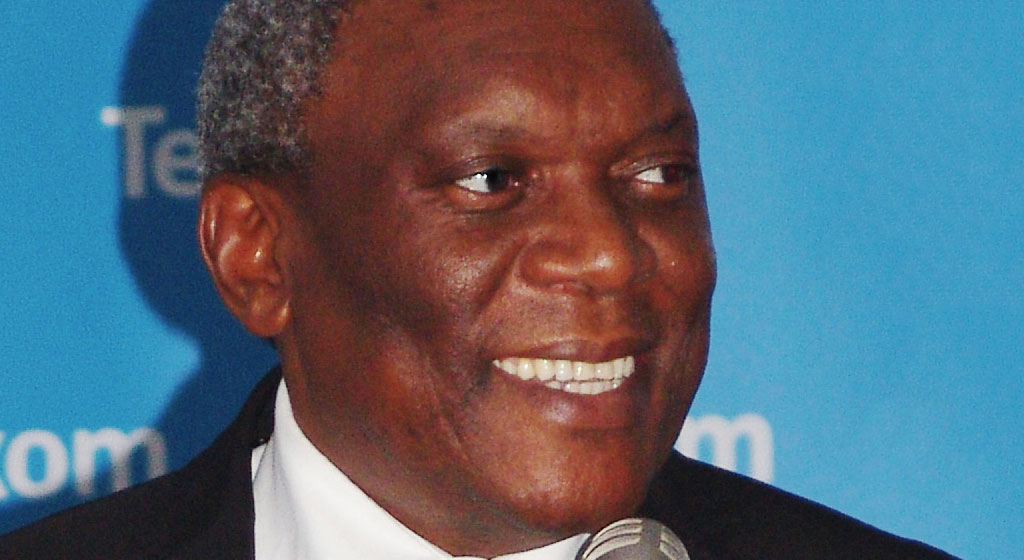Telecommunications & postal services minister Siyabonga Cwele is poised to announce in parliament on Wednesday that there has been a breakthrough in the impasse between government and the mobile industry on spectrum allocation.
TechCentral has established from two well-placed sources that Cwele has agreed to back away from a controversial proposal raised in the national integrated ICT policy white paper that would have resulted in mobile operators’ existing spectrum allocations being returned, a move that had been slammed as a form of nationalisation by critics and described as unconstitutional.
At the same time, it’s understood that government has now agreed that not all so-called “high-demand” spectrum (spectrum that can be used to build mobile broadband networks) will be reserved for government’s planned national wholesale open-access network (Woan), as had been controversially proposed in the white paper.
Instead, an independent study will be conducted — possibly by communications regulator Icasa or the Council for Scientific and Industrial Research — to determine how much spectrum the Woan will need to provide services.
Once this has been determined, all remaining high-demand spectrum not reserved for use by the Woan will be allocated by Icasa — possibly through a spectrum auction — on an exclusive-use basis to operators. Various conditions will be attached to these licences, including roll-out obligations.
However, many of the details of the new plan remain sketchy for now. Cwele is set to hold a press conference at 12pm tomorrow in Cape Town to outline the latest developments. He will then deliver the telecoms department’s annual budget vote speech in parliament at 2pm, in which further details of the new plan are expected to be made available.
The developments mean that the sector may be able to avoid a crippling legal battle, with operators challenging government policy in the courts. If government had attempted to force through the white paper as it stands, the larger operators were expected to mount a legal challenge.
Already, Cwele has filed papers against a plan by Icasa to auction spectrum to the mobile operators. It’s understood from separate sources that the minister has sought an out-of-court agreement with Icasa to avoid the prospect of a damaging and ugly public battle between the policy maker and the regulator.
Cwele last year won an urgent interdict stopping Icasa from going ahead with the auction until the courts have had a chance to consider the matter.
Hybrid model
Earlier this year, six South African telecoms operators presented a proposal to Cwele for a “hybrid” model that involved both the allocation of exclusive-use spectrum to the operators and to the new Woan favoured by government.
The six operators behind that proposal, which was presented to government by Deloitte, were said to be Vodacom, MTN, Telkom, Cell C, Neotel and Wireless Business Solutions.

South Africa’s big operators, including Vodacom and MTN, have criticised the white paper for proposing that no further exclusive-use “high-demand” spectrum be allocated to them and that all future such spectrum — spectrum that can be used to build, for example, 4G/LTE networks — be allocated to the Woan.
The spectrum and Woan plans have been widely criticised by experts and analysts and bodies such as the Free Market Foundation for seeking to create a new telecoms infrastructure monopoly in South Africa. Government has said it wants companies to compete on services and not on network infrastructure, which it believes leads to unnecessary and costly duplication.
In the Deloitte presentation, which TechCentral has a copy of, the operators proposed that the Woan be privately owned, have black ownership of a minimum of between 30% and 50% and that the minimum qualifying criterion for participation be a R100m bid bond.
The operators also committed to purchasing a minimum of 30% of the Woan’s network capacity to make it feasible. It should also enjoy key government support in the form of state contracts, they said.
One industry source told TechCentral that Cwele asked at Friday’s meeting that the industry commit to buying at least 50% of the Woan’s available capacity, whereas the six signatories to the Deloitte document had proposed a figure of 30%. It is not immediately clear if there is agreement on a new figure. — © 2017 NewsCentral Media





